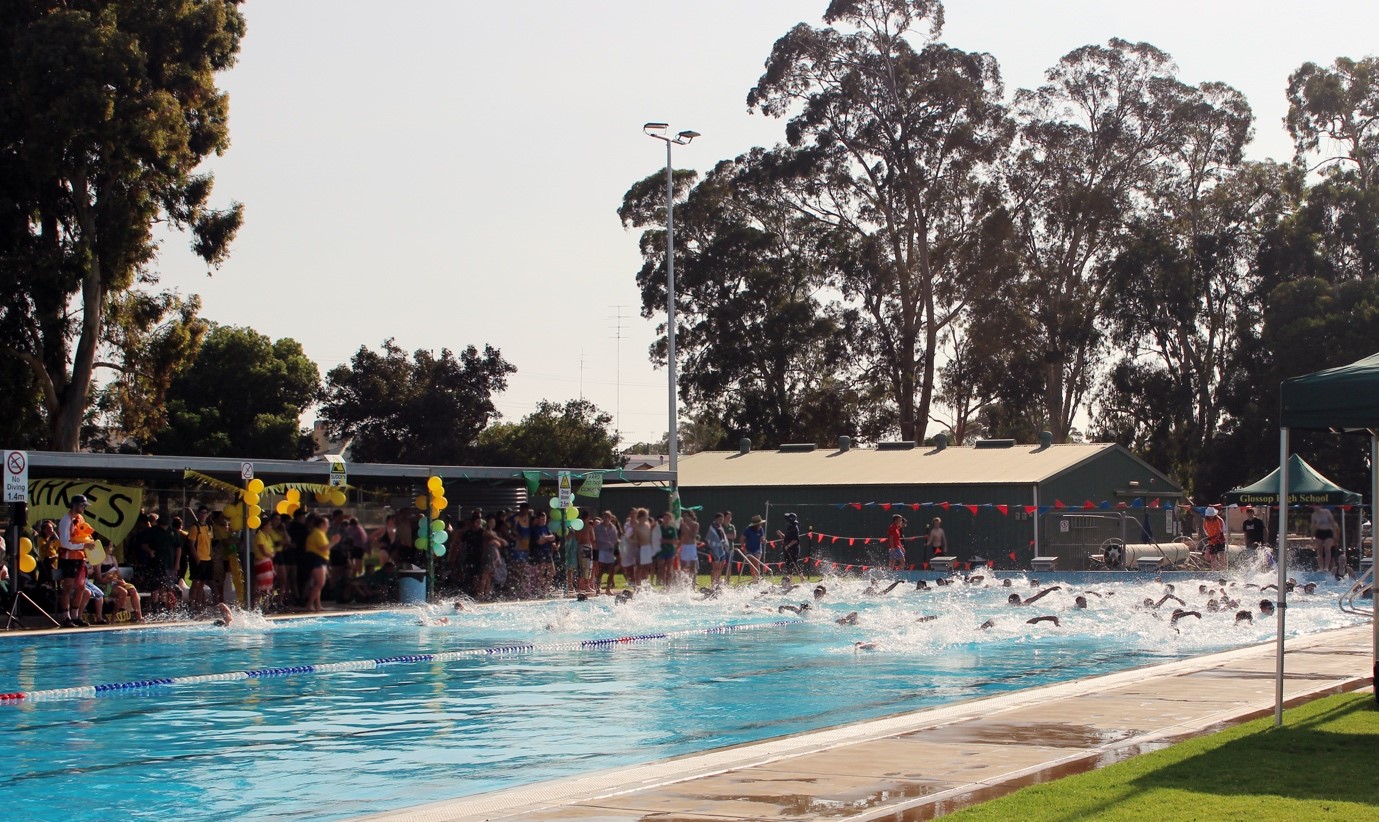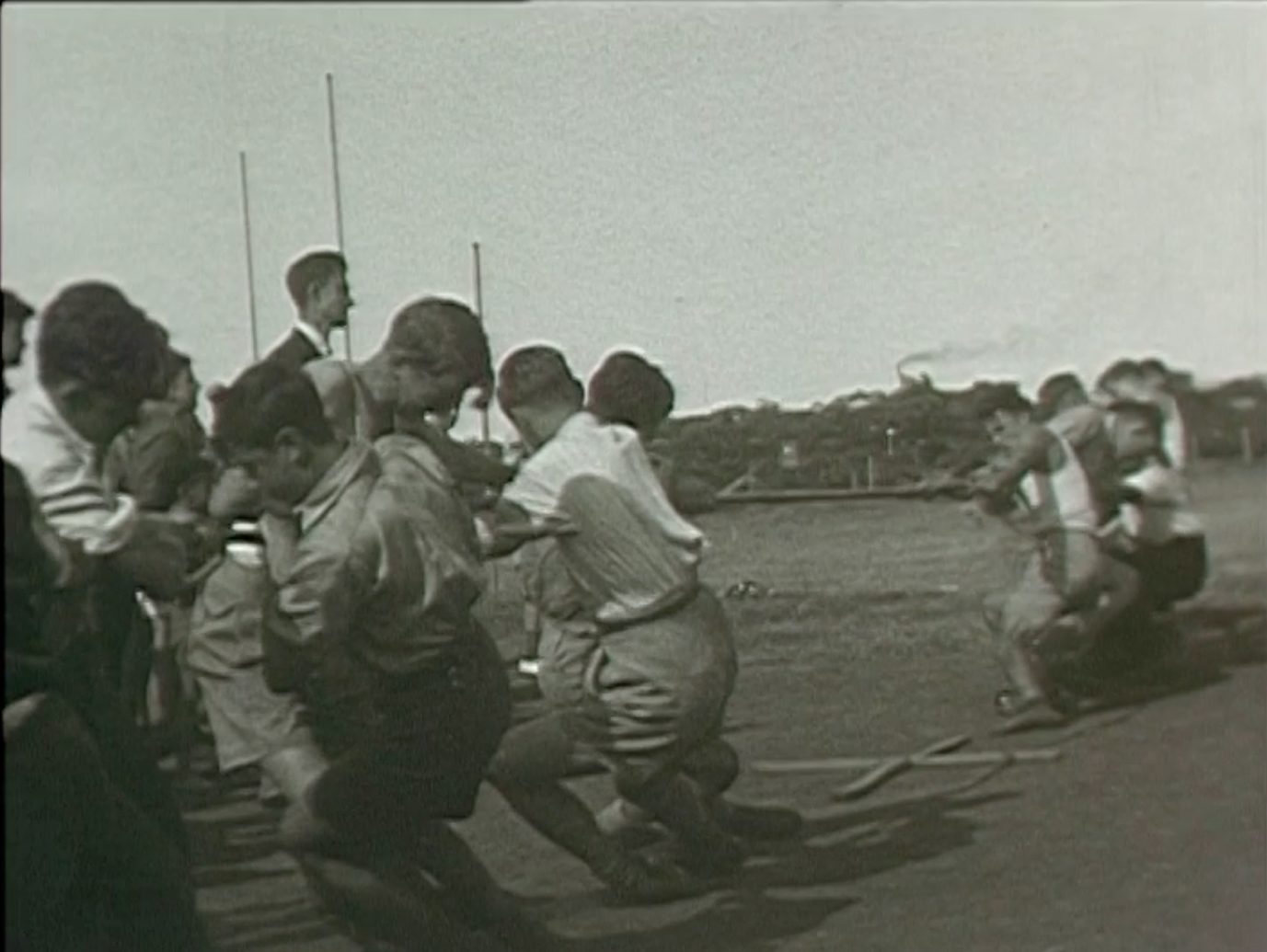Sporting Houses
At Berri Regional Secondary College we continue to honour the rich history and tradition of Glossop High School by retaining the schools four ‘houses’ – Deakin, McIntosh, Parkes and Hughes – which have remained a vital part of our school community.
When Wybert Symonds was first appointed Principal of Glossop High School in 1941 he established the four school houses as a way for students to show their athletic talents with some friendly competition. The houses were named after four male figures who had a positive influence on the Riverland society. The four houses were founded as McIntosh (green), Hughes (blue), Deakin (red), and Parkes (yellow). Each of these males played an important role in Australian Politics in the 1800’s, while Australia was only recently colonized
Alfred Deakin
Alfred Deakin was born in Fitzroy, Victoria in 1856 after his parents immigrated from Britain in 1850. Although his interest in law was very small, he enrolled at the University of Melbourne, passing the bar easily in 1877 due to his comprehension skills and memory. His literacy skills, which he developed early within his childhood, proved to be an asset when his legal career became unsuccessful and he began to write for David Syme’s newspapers “The Age” and “The Leader”. Through this path, Smye pushed Deakin to pursue a career in politics. This proved to be beneficial for Deakin as he was elected as the second Prime Minister of Australia, in office during the periods of September 1903 to April 1904, July 1905 to November 1908, and June 1909 to April 1910. Deakin was also the leader of the movement for Federation which occurred in January 1901. After this movement, Australia was declared a nation with six colonies forming the Commonwealth of Australia. During his time in Australian politics, Deakin served as the Minister for Public Works and Water Supply, as well as introducing legislation for old age pension, immigration, meteorology, and copyright. As well as this, Deakin maintained a heavy interest in the welfare of underprivileged workers in factories and introduced legislation to improve the conditions in factories. Deakin’s illness then forced him to retire from Australian politics in 1913.
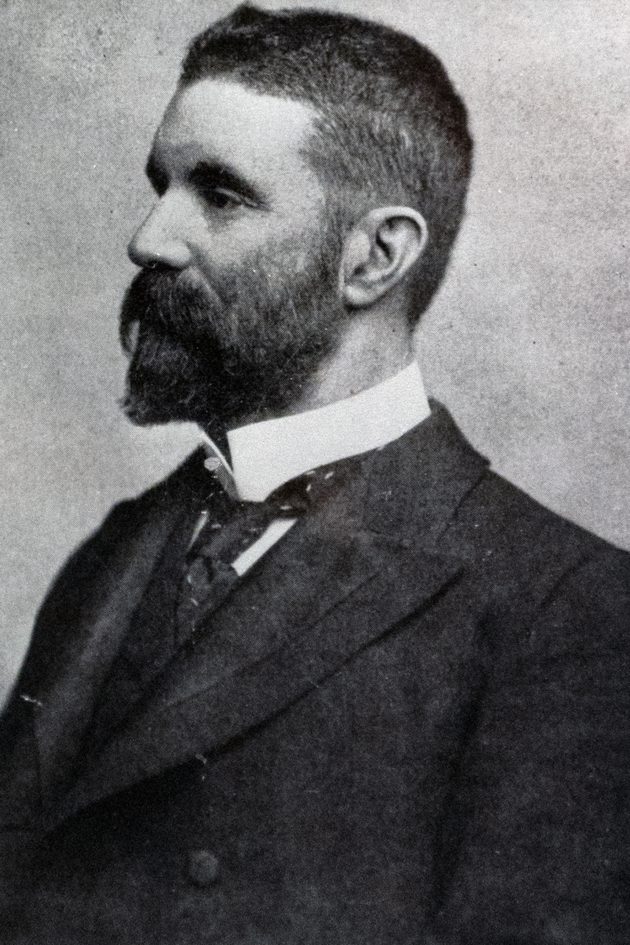
William Hughes, CH, KC
Australia’s seventh Prime Minister, William (Billy) Hughes was born and raised in the United Kingdom before immigrating to Australia in 1884. He started his life in Australia working as a railway stonebreaker, cook, boundary rider, seaman, umbrella mender and bookseller. He was involved in the establishment of the Labor Party and won the seat of Western Sydney in 1901. Throughout the times of World War One, he created a divided opinion within the people, with his colleagues suspicious of his views for compulsory drafting in the war, while ex-servicemen called him a great patriot for the war, referring to him as a ‘little-digger’. After years of part time study Hughes was admitted to the bar in 1903, becoming King Counsel in 1909. This title is considered an honourable status given by the federal or provincial governments upon senior lawyers. In 1909 Hughes made an attack on Alfred Deakin, stating he rested the banners of every party in his hands, contradicting his own actions in 1916. After Hughes’ election as Prime Minister in 1915 he went on to lose the conscription in 1916, tearing apart the Labour party, with Hughes and 24 other members resigning. In 1917, the Nationalist party was formed with Hughes winning the election. Hughes then resigned in 1918 after his second conscription referendum was lost. After his resignation, he was sworn in the next day as no alternative was found. In 1919, Hughes signed the Treaty of Versailles with Australia becoming an independent member of the world first intergovernmental organisation. Hughes had a successful career in Australian politics, remaining in parliament for a record of 51 years and 7 months.
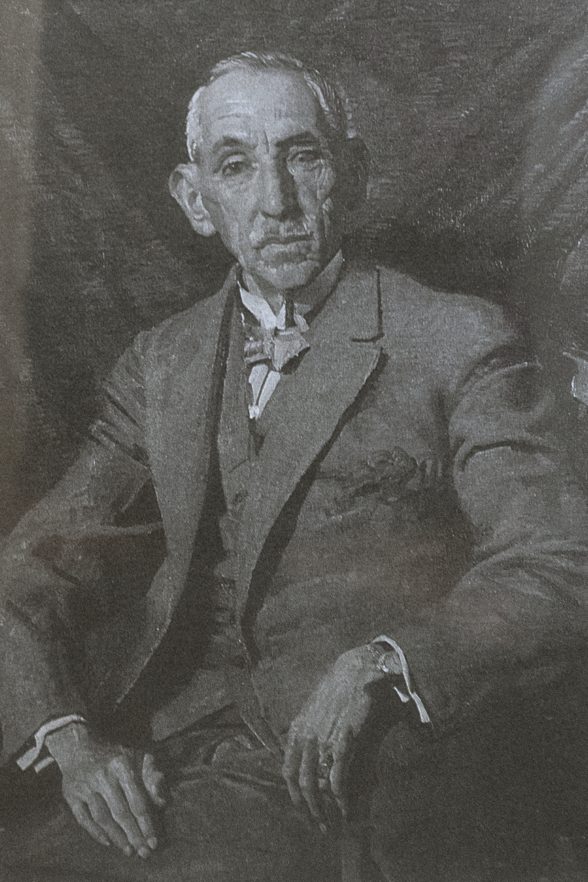
Honorable Samuel McIntosh
Born in 1867, McIntosh spent most of his life in the Riverland region moving to Renmark in 1891. At this time he worked with the Chaffey Brothers on irrigation, where he assisted planting the first vineyard in Lyrup in 1894, something that has shaped the Riverland region to what it is today. As a consequence of the liquidation of the Chaffey Brothers in 1895, McIntosh had to help settlers come up with more effective horticultural methods, while also ensuring the government was informed of problems and progress. With these reports, McIntosh was able to help six unsuccessful communities come out of bad debts, helping the Australian economy. In 1906, he decided to resign from all his positions to become the chairman of the Government Irrigation Board. Over the years, McIntosh was able to establish many river irrigation infrastructures, before starting the Government Irrigation Department in South Australia in 1910. After his retirement, McIntosh stayed active in the River Mallee community, founding the Murray Bridge Father’s Association, the Agricultural Bureau, and the Murray River Progress Association, while also being an active member of the Morgan District Council and the Renmark Literary and Debating society. Throughout his life, McIntosh was passionate about irrigation, something that is still used in every fruit block in the Riverland Region, and South Australia today
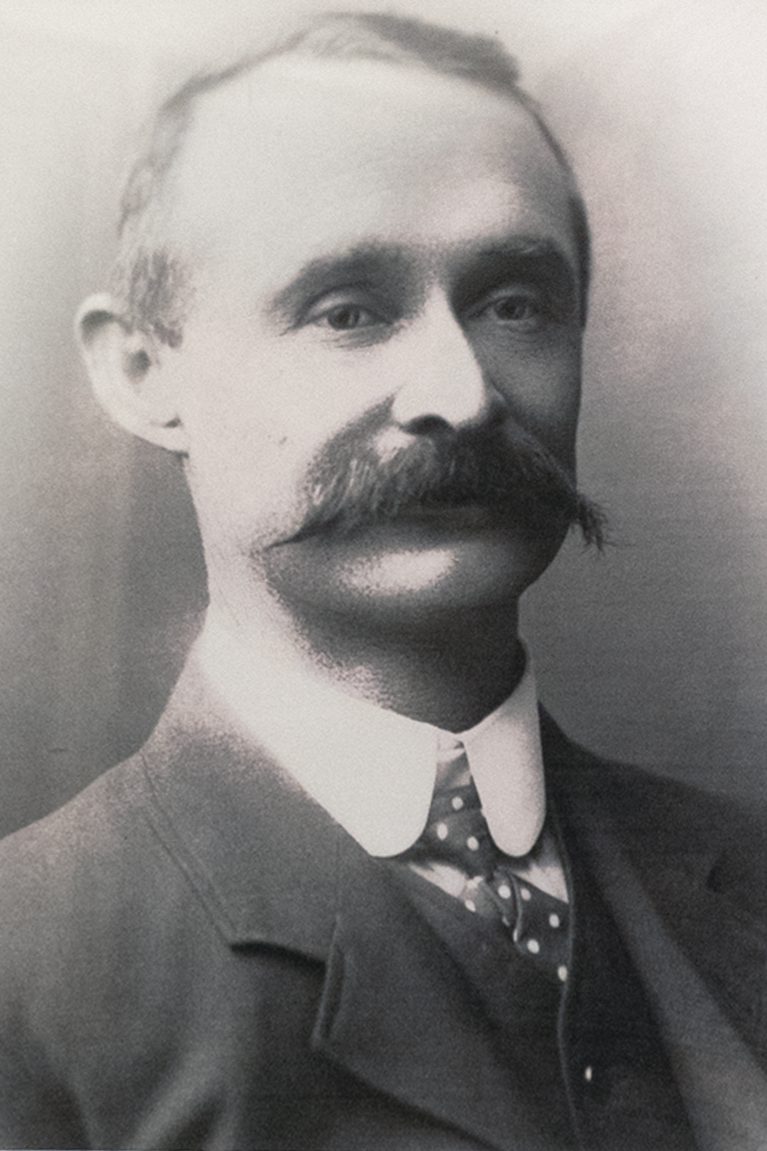
Sir Henry Parkes, GCMG
Politician Sir Henry Parkes was born in May of 1815 in Warwickshire England. In his own words, Parkes’ education during his childhood was “very limited and imperfect.” In 1825 Parkes and his family settled down in Birmingham after being forced off their farm due to debt. As a young boy he worked as a gardener before joining the Birmingham Mechanics institute and later became a road labourer and worked in a brick-pit and ropewalk. At the age of 17, Parkes began his political career when he joined Thomas Attwood’s Political Union. In 1837 he then began his own business which was unsuccessful forcing him to move to London and pawn his tool to make a living. Parkes and his partner Clarinda arrived in Sydney in 1839, with their first child born at sea two days earlier. After moving to Australia, he built his vision of a “fair and egalitarian society through a democratically elected government with everyone educated and aware of their rights and responsibilities and with equal opportunities to participate”. At the age of 35, Parkes started the newspaper ‘The Empire’ along with helping set up a league to educate people of Australia about their rights and suits of citizens in a democracy, called ‘The Australian League’. He also fought for fair jobs and wages throughout his late 30’s and argued for universal suffrage. Extending on his political career that began in England, Parkes was elected to the New South Wales legislative council in 1854. Furthermore, he became a minister in the government of James Martin in 1866, and in 1872, he became premier of NSW which included five periods of election.
These houses were originally created by the school’s first Principal, W.M.B. Symonds, in 1941. House Leaders are elected each year with representatives from both Junior and Senior secondary year levels, relishing in opportunities to develop their leadership capabilities.
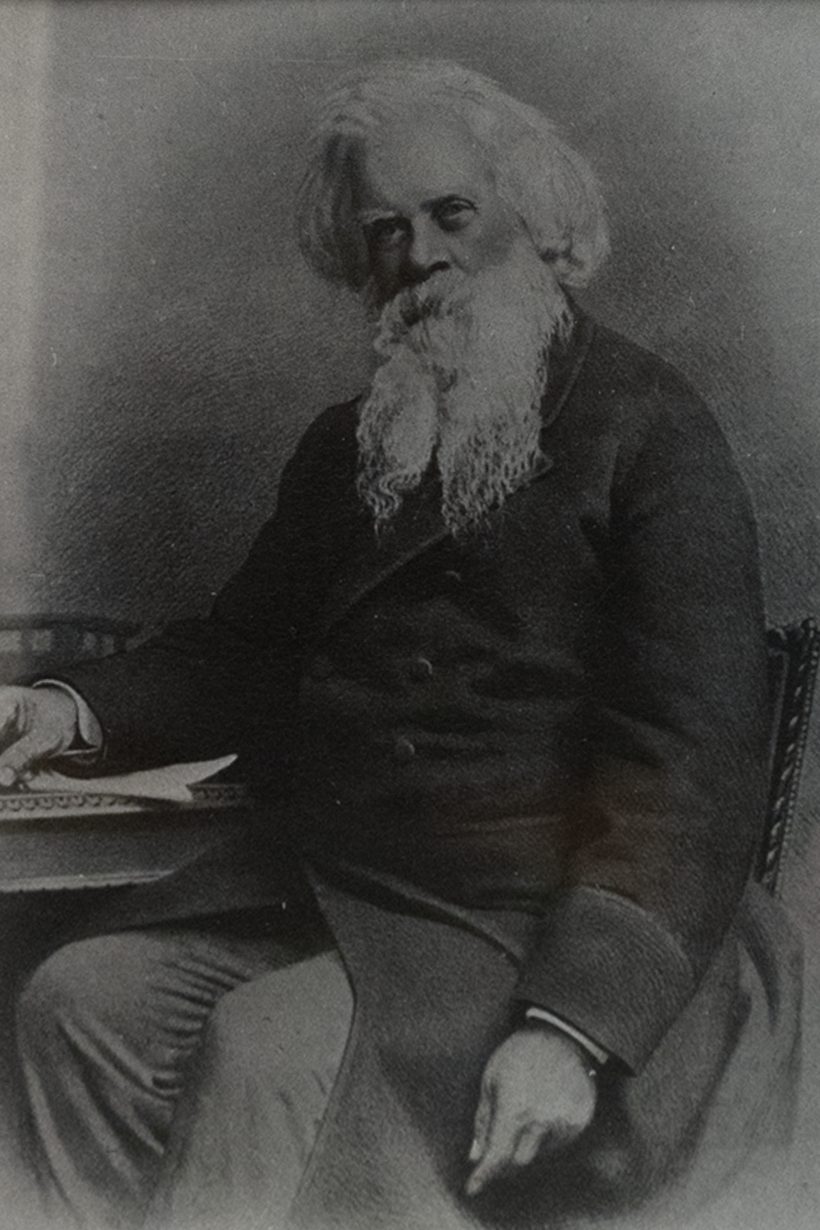
SPORT OPPORTUNITIES
Additionally, students can nominate for a variety of extra-curricular sporting opportunities.
BRSC has a strong involvement in a range of Riverland Secondary School Sports Carnivals, which provide a chance for students to participate and enjoy a range of modified sports including:
- Year 8-9 9-a-side Football
- Year 8-10 Tag Rugby
- Year 8-10 5-a-side Soccer
- Year 8-10 Cricket Carnival
Knockout Cup (KO) Sports where teams participate in Statewide competitions, including but not limited to:
- Football
- Netball
- Mixed Hockey
- Soccer
- Basketball
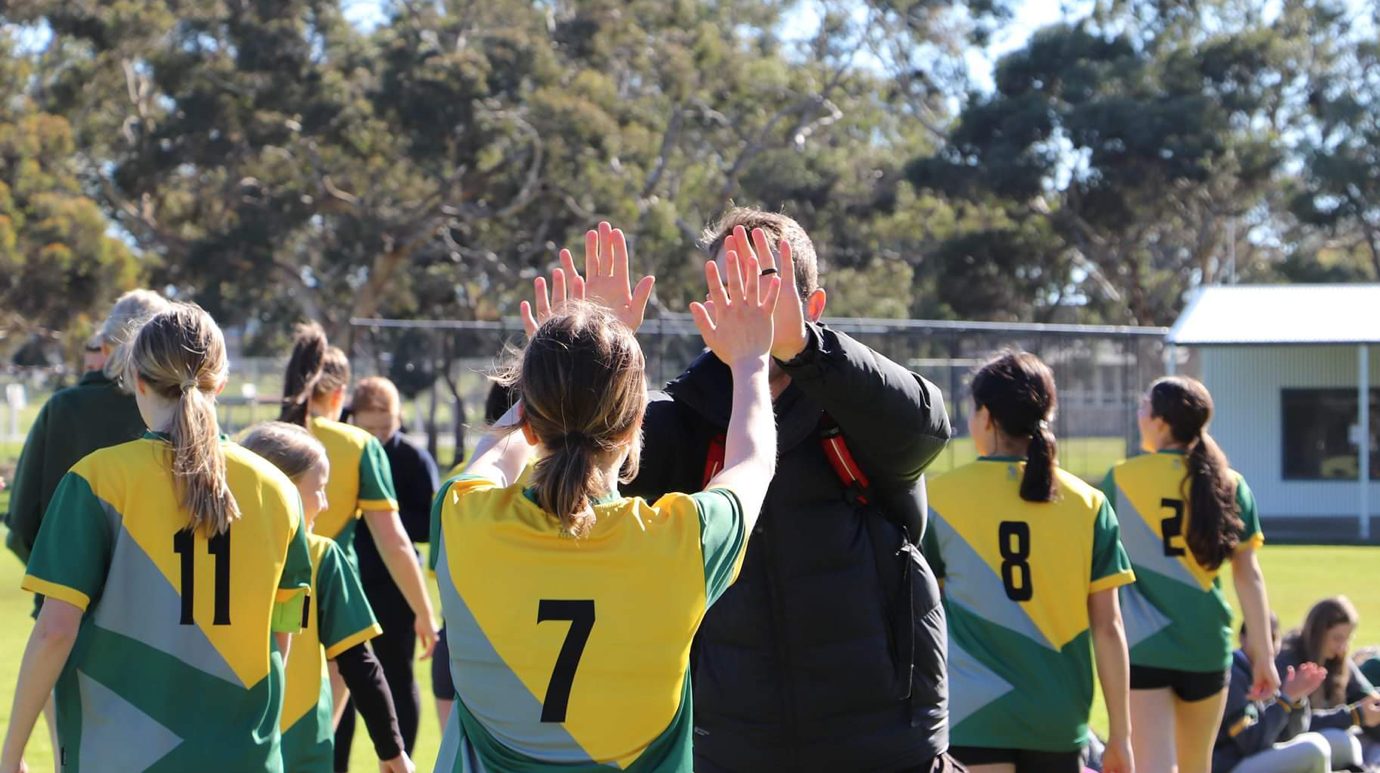
HOUSE EVENTS
Students nominate and are chosen to represent their house for school-based competitions, which culminate into the annual House Cup and Championship Shields.
- Swimming Carnival
- Personal Best Day
- 1500m
- Athletics Day
- Cross Country
